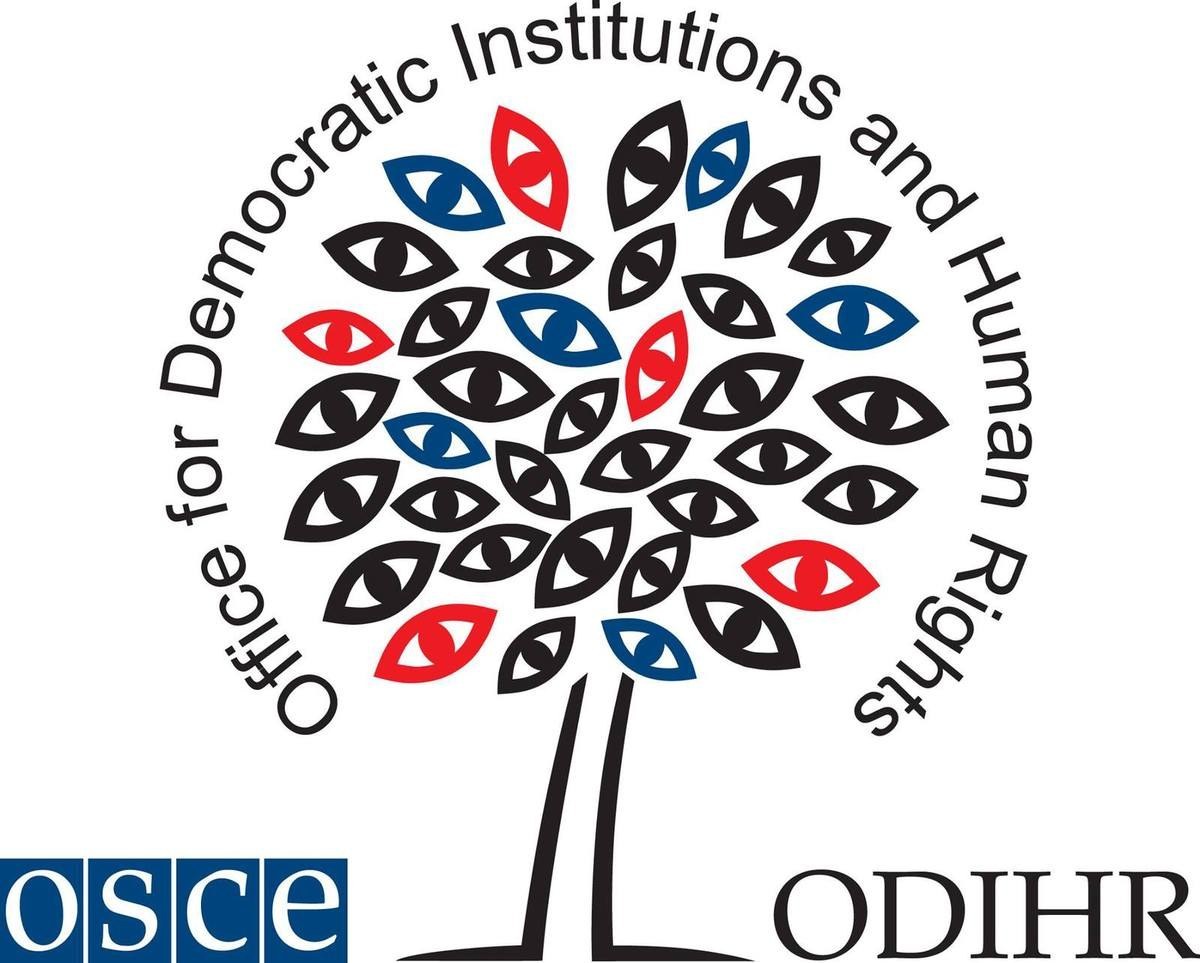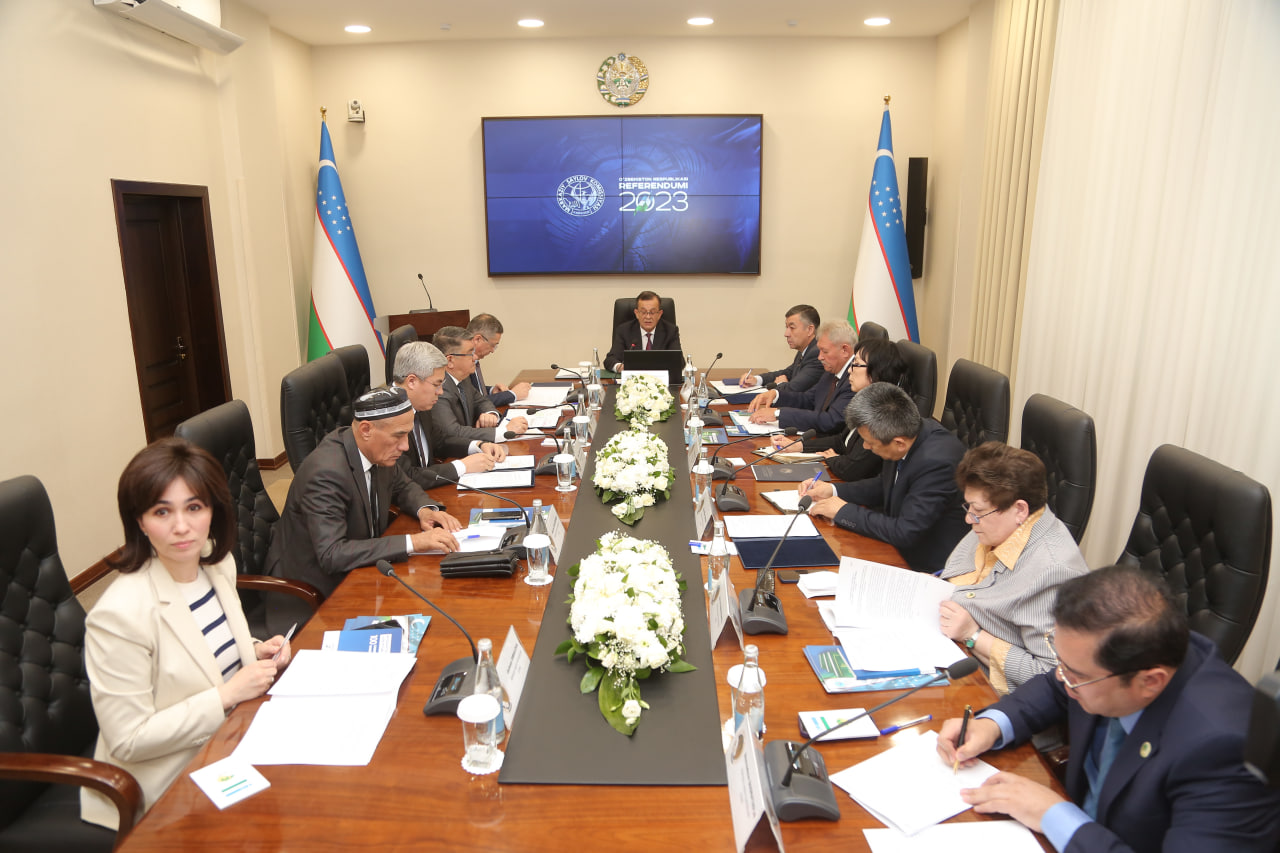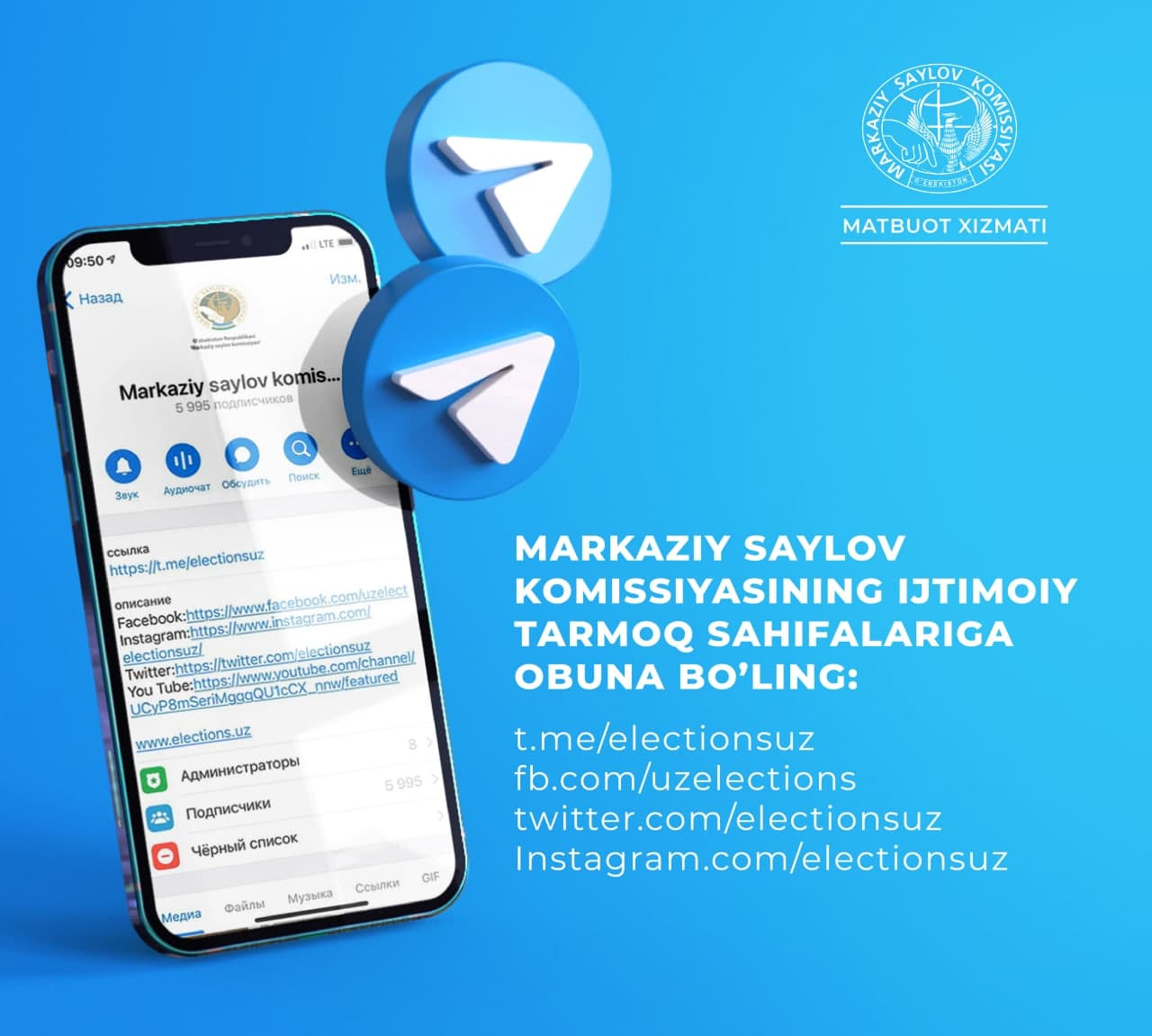 1718
1718

Uzbekistan's cooperation with the OSCE / ODIHR has been established since 1997. However, since 2017, interaction has significantly intensified, which is confirmed by a number of visits by the ODIHR leadership. So, from 2017 to 2019. ODIHR directors M. Link (March 2017) and I. Gisladottir (November 2018 and December 2019) visited Uzbekistan.
Today, interaction has systemic character. In April, the incumbent ODIHR Director M. Mecacci visited Uzbekistan for the first time and was received by the President of the country. Within the framework of the visit, M. Mecacci also held meetings in the Senate and the Legislative Chamber of the Oliy Majlis, the Supreme Court, the CEC, the Ministry of Foreign Affairs and other ministries and departments.
Since 1999, the OSCE has regularly dispatched limited missions to observe elections in Uzbekistan. In particular, limited missions participated in the observation of the parliamentary elections in 1999, 2004, 2009 and 2014. and presidential - in 2007 and 2015.
For the first time, the Bureau sent a full-scale mission to Uzbekistan - 193 observers from 32 countries - in 2016 to observe the early presidential elections (the main group - 23 observers, 20 - long-term and 150 - short-term). Then, in 2019, for the first time in the history of relations, the Director of the Bureau I. Gisladottir arrived in Uzbekistan to observe the parliamentary elections as part of a full-scale mission represented by 316 observers from 37 countries (the main group is 14 observers, 30 long-term and 272 short-term).
The proposals and recommendations of the OSCE / ODIHR on improving electoral legislation, holding open and free elections in accordance with democratic principles and international standards are comprehensively studied and implemented.
In particular, the ODIHR submitted proposals and comments to the draft Election Code, the National Strategy on Human Rights and the laws of the Republic of Uzbekistan “On freedom of conscience and religious organizations” and “On meetings, meetings and demonstrations”. Representatives of state bodies of the republic and non-governmental organizations regularly participate in ODIHR events, including annual meetings on the human dimension in Warsaw.
As the chairman of the Central Election Commission Zayniddin Nizamkhodjayev noted, the report of the OSCE / ODIHR mission to observe the 2019 parliamentary elections contained 32 recommendations to improve the country's electoral legislation. To date, Uzbekistan has fully accepted 18 recommendations, 3 - in part, 8 - in the process of consideration.
“The visit of the OSCE / ODIHR leadership testifies that the elections in Uzbekistan are taking place in the context of cardinal transformations and democratic reforms, a new political environment that attracts more and more attention of the international community,” said Gulnoza Rakhimova, a permanent member of the CEC of Uzbekistan.
- The Bureau is open to contacts and ready for long-term and fruitful partnerships, including in the areas of human rights, freedom of speech, gender equality, the development of civil society institutions, and the strengthening of the legal framework based on international best practices. It is important to emphasize that the Director of the ODIHR heads the official delegations of the Organization only in those countries whose governments demonstrate support for the OSCE observer missions. Accordingly, the participation of the OSCE / ODIHR leadership as observers is an indicator of the openness and transparency of election processes in our country, their conduct in accordance with generally recognized democratic principles and best practices, Uzbekistan's fulfillment of its international obligations, and recognition of progress in this direction.
The delegation also includes Special Adviser to ODIHR Director Jacopo Leone, Head of the ODIHR Election Department Megan McCabe Fitzgerald and ODIHR Press Secretary Katya Anna Ruth Andrush.
During the visit, it is planned to hold meetings in the Senate and the Legislative Chamber of the Oliy Majlis, the Central Election Commission, the Supreme Court, the Ministry of Foreign Affairs, the National Center for Human Rights and other ministries and departments of Uzbekistan.






















